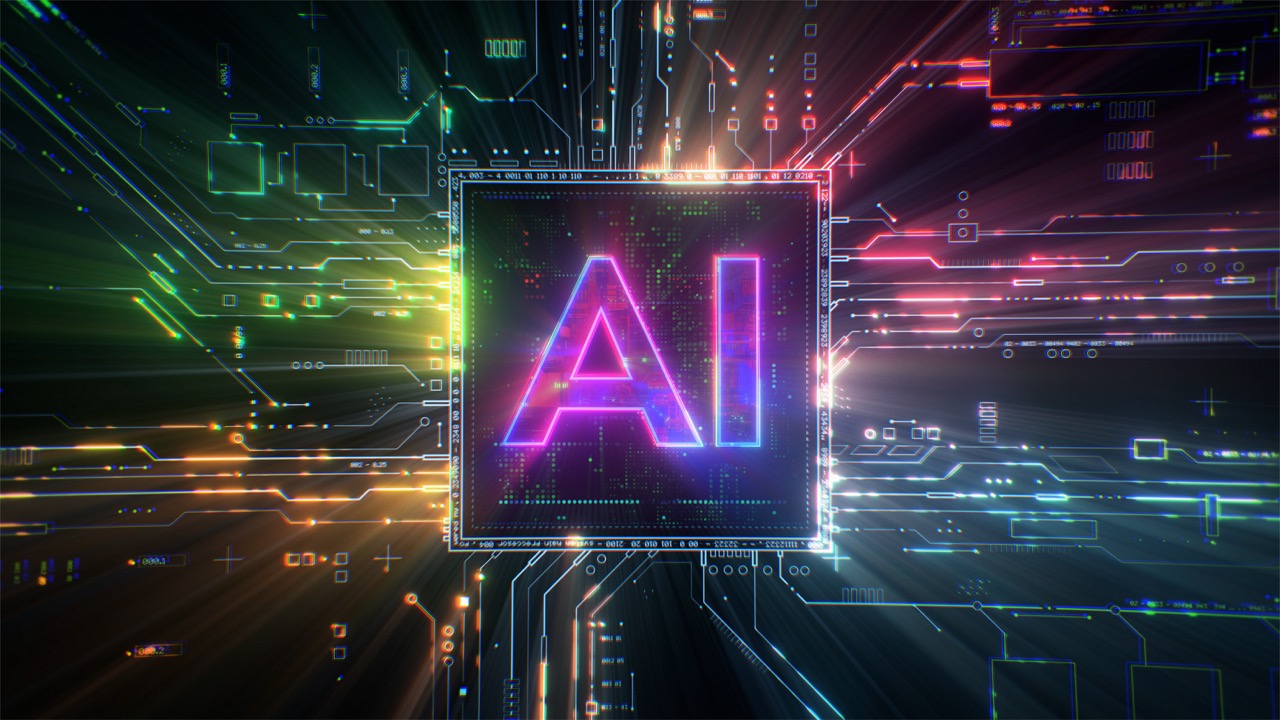AI Technology! In today’s rapidly evolving world, few innovations have captured the imagination and potential for transformation quite like artificial intelligence (AI) technology. From revolutionizing industries to enhancing everyday experiences, AI has emerged as a driving force behind some of the most groundbreaking advancements of our time. In this comprehensive guide, we’ll delve into the world of AI technology, exploring its origins, applications, and the profound impact it continues to have on society, economy, and beyond.
The Rise of Artificial Intelligence:
Artificial intelligence, often abbreviated as AI, refers to the development of computer systems that can perform tasks that typically require human intelligence. While the concept of AI has been around for decades, recent advancements in computing power, data availability, and algorithms have propelled the technology into the mainstream. Today, AI is used in a wide range of applications, from virtual assistants and autonomous vehicles to medical diagnosis and financial forecasting.
Applications of AI Technology:
The applications of AI technology are vast and varied, spanning nearly every industry and aspect of human life. Some notable examples include:
- Healthcare: AI-powered diagnostic tools and predictive analytics are revolutionizing healthcare by enabling early detection of diseases, personalized treatment plans, and improved patient outcomes.
- Finance: AI algorithms are used in financial services for fraud detection, risk assessment, algorithmic trading, and customer service, leading to more efficient and secure financial transactions.
- Education: AI-based learning platforms and virtual tutors are transforming education by providing personalized learning experiences, adaptive assessments, and intelligent tutoring systems tailored to individual student needs.
- Manufacturing: AI-driven automation and robotics are optimizing manufacturing processes, increasing productivity, reducing costs, and improving product quality and safety.
- Retail: AI-powered recommendation engines, chatbots, and virtual shopping assistants are enhancing the retail experience by providing personalized product recommendations, answering customer queries, and streamlining the purchasing process.
Challenges and Ethical Considerations:
While AI technology holds tremendous promise, it also raises important ethical, social, and economic considerations. Some of the key challenges include:
- Ethical Use: Ensuring that AI systems are designed and deployed in a manner that respects human rights, privacy, and autonomy, and avoids biases and discrimination.
- Job Displacement: The potential for AI-driven automation to disrupt traditional industries and lead to job displacement, requiring policymakers to address issues such as retraining and income support for affected workers.
- Data Privacy and Security: Safeguarding sensitive data and protecting against cybersecurity threats, data breaches, and malicious use of AI technologies.
The Future of AI:
As AI technology continues to advance at a rapid pace, the possibilities for innovation and transformation are virtually limitless. Some emerging trends and areas of focus in AI research and development include:
- Deep Learning: Advancements in deep learning algorithms and neural networks are enabling AI systems to achieve unprecedented levels of accuracy and performance in tasks such as image recognition, natural language processing, and autonomous decision-making.
- Explainable AI: The development of explainable AI techniques aims to enhance transparency and accountability in AI systems by enabling users to understand and interpret their decisions and recommendations.
- AI Ethics and Governance: Increasing attention is being paid to the ethical and societal implications of AI technology, leading to the development of frameworks, guidelines, and regulations to ensure responsible and ethical AI development and deployment.
Conclusion:
Artificial intelligence technology represents a paradigm shift in how we interact with and harness the power of information and computing. From healthcare and finance to education and manufacturing, AI is reshaping industries, transforming processes, and unlocking new possibilities for innovation and progress. As we navigate the opportunities and challenges presented by AI technology, it is essential to prioritize ethical considerations, promote transparency and accountability, and ensure that AI serves the collective interests of humanity. With responsible stewardship and thoughtful governance, AI has the potential to enrich lives, empower individuals, and usher in a future of unprecedented prosperity and opportunity.




